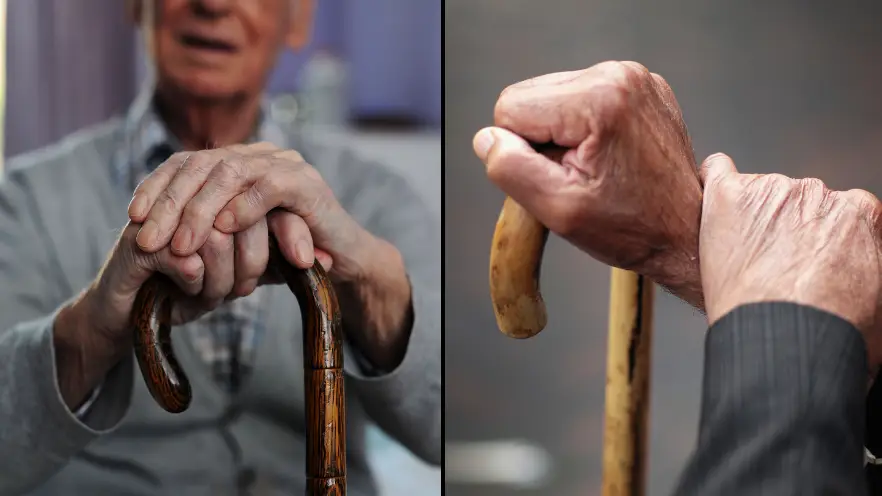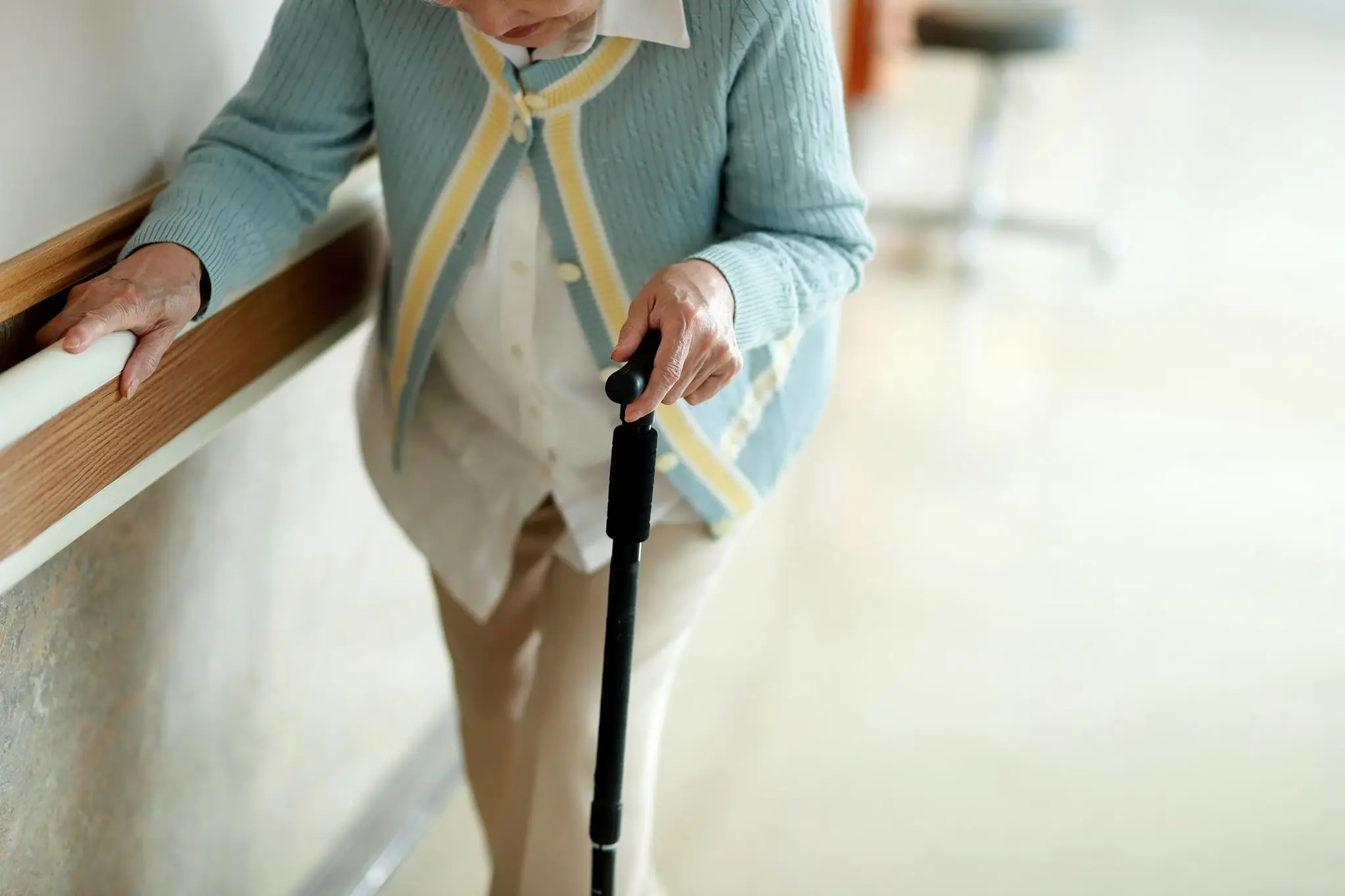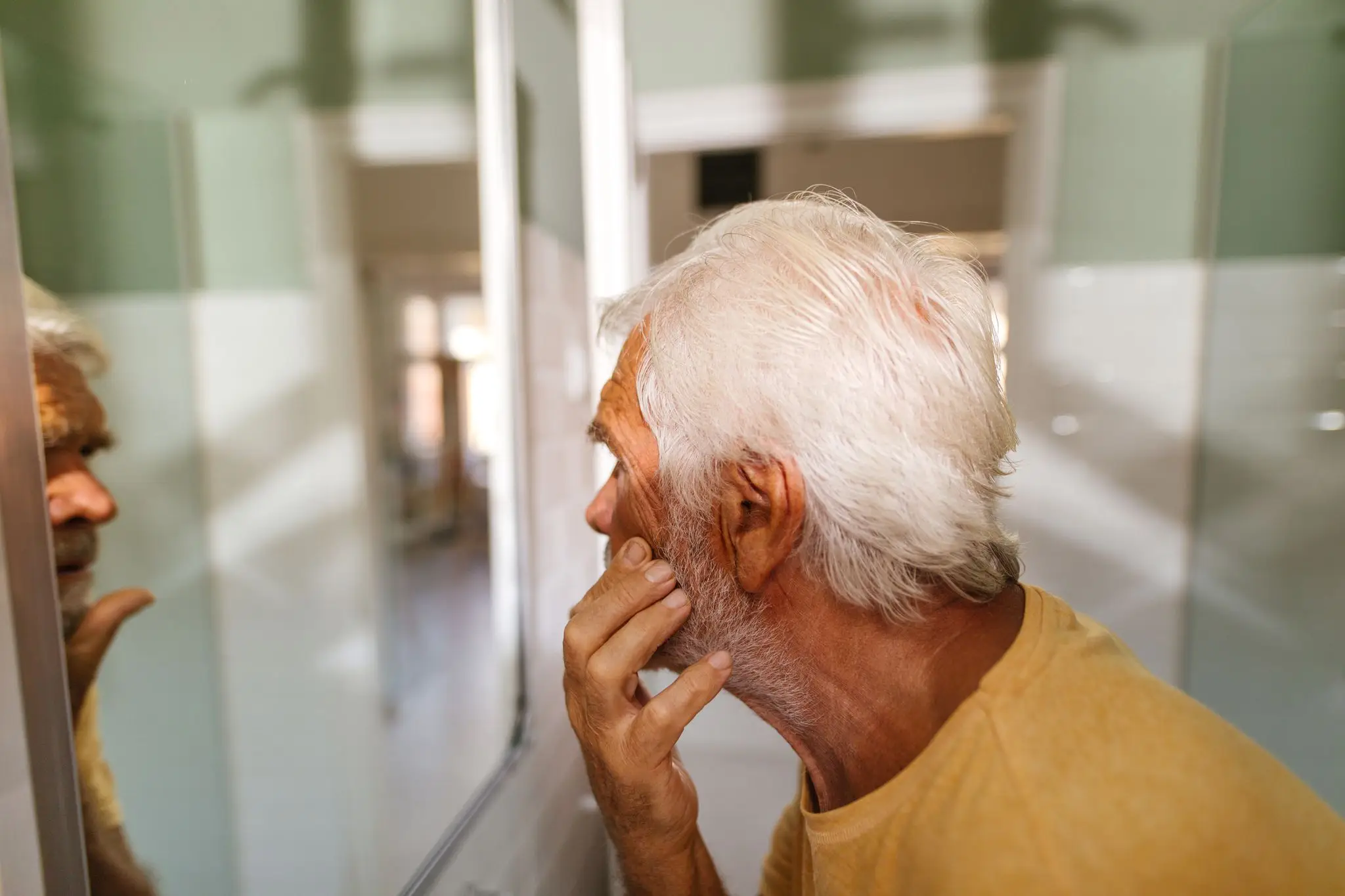
A new decades-long study has revealed the exact age that you're officially old.
That’s right, now you can know when you should be slathering on your anti-wrinkle cream, buying your cane and resigning yourself to spending your days watching shows about antiques.
The new study from the American Psychological Association surveyed 14,056 German residents.
Participants were asked the exact age they would consider someone old eight times over a 25-year period to see how their perceptions change as they age.
Advert

The data collected confirmed that middle-aged and older adults believe that old age began much later in life, but younger people thought it happened earlier. No surprises there, then.
When they were 65, study participants born in 1911 believed that old age begins at around 71.
However, when those born in 1956 took the same question when they were 65, said that old age begins at 74.
So, there’s a slight shift throughout the 40-ish years of when people think we get old.
At the age of 64, the average participant thought that old age started at 74.7.
But, when they were then 74, they said old age started at 76.8.
I guess nobody wants to think they’re old.
While women thought that old age started later than men did, healthy people also believed that it started later than those who felt lonely often or suffer from ill health.
I mean, we all know that ageing is a complicated process, but surely, we should all have the same idea of when old is old.
The study's author, Dr Markus Wettstein, commented: "Perhaps the onset of old age is postponed because people consider being old to be an undesirable state."
For sure.

But that’s not the only age-related study that’s been done this year.
Another study found that the molecules and microbes in people aged between 25 and 75 shifted more at certain times in the participants' lives.
This led them to believe that the ageing process rapidly spikes during two key points.
The research paper titled, 'Nonlinear dynamics of multi-omics profiles during human ageing' got right into the science of it all.
It was determined that the ages of 44 and 60 are the most likely time periods where age-related changes start to take place more rapidly.
“We’re not just changing gradually over time. There are some really dramatic changes,” Prof Michael Snyder, a geneticist and director of the Center for Genomics and Personalized Medicine at Stanford University and senior author of the study, told the Guardian.
“It turns out the mid-40s is a time of dramatic change, as is the early 60s – and that’s true no matter what class of molecules you look at.
“I’m a big believer that we should try to adjust our lifestyles while we’re still healthy.”
